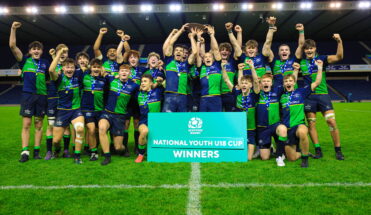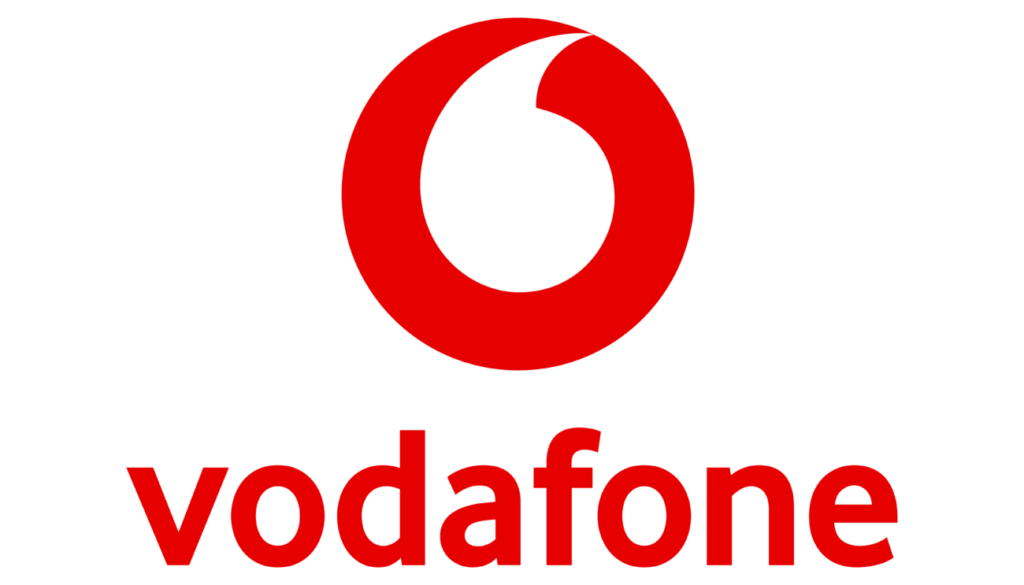Jim Mallinder speaks to the media
Scottish Rugby’s Performance Director, Jim Mallinder spoke to the media this week in his first interview since taking up his new role in January. Here is what he had to say:
On what areas of the game in Scotland his role covers:
“My job is an interesting one as Performance Director. Really, it’s involvement with the national team, the pro-teams, 7s, the age-groups, Super6, the women’s programme and it’s looking after all those really. Having an input to them and hopefully making sure they are all working efficiently.
“I work closely with Gregor Townsend. I’m not on the field with him. That’s up to him, in terms of his selection, his coaches. What they do day to day, I don’t get involved with, but I do work with Gregor in terms of talking, working with the coaches, who he wants in the national set-up coaching wise. And of course, I do talk to him, challenge him. We have feedback in terms of the way that the team are playing.
“I certainly do speak to him about the way I see how the team is playing and give him my opinion on individual players.”
On the recent 2020 Guinness Six Nations:
“The discussion was that the team is certainly making progress from what I have seen. Clearly, I was not involved in the World Cup but I thought that in the 6 Nations that, you know, we were disappointed that we did not play that Wales game because I think potentially it was a game we could have won. But if we went through it, the Ireland game, I thought we played well, I thought we attacked well. Defensively, clearly throughout the tournament there has been some big improvements there. And I guess set-piece wise, the scrum was a real bonus throughout the tournament.”
On Scotland defence coach Steve Tandy and scrum coach Pieter de Villiers:
“I think both those areas were a real strength of the team and I was delighted in just meeting those two coaches. I knew Steve Tandy just a little bit, not really come across Pieter De Villiers but very, very impressed with him as a person and also his coaching ability. I think we saw the success of that translated onto the field. Two coaches we really do need to keep hold of and we’ll be looking to do that in the future.”
On developing home-grown playing talent in Scotland for the professional and national team:
“I think home-grown talent would certainly be the ideal. If we got all our players coming through the Academy and staying in Scotland and playing in Scotland that would be the ideal. Unfortunately, we have not got that, and I think what’s really important is that we are competitive, and we are here to win. It’s international rugby. I guess it’s similar to the pro-teams. At that level it’s about winning, and I think people want to see Scotland with a winning team and we need to do whatever we can for that.”
On what strategic objectives you want to build on:
“I came in January, a couple of months sort of assessing the situation, having a look around at all aspects of the set-up and then with the coronavirus coming in it sort of stopped everything really and we’ve had to address recent issues such as the furlough and pay cuts, some things like that.
“I’ve got a good idea. I’ve not been through a full year. The Academy’s a really good one, which I’ve got a real interest in. I think we have a good system in Scotland but hopefully we can improve that. I watched with fascination the Under-20 side in the 6 Nations how competitive we were. For such a small nation we did fantastically well. Probably should have beaten England and could easily have beaten France, we were probably the better team on both those occasions.
“I think we’ve got a good system. I’ve already hopefully seen a few ways we can improve that. I know our players have been going towards working a little bit more being more aligned with the pro-clubs. I think that’s something I’m going to be encouraging to get these best 18/19-year olds playing at Super 6 level as much as they can, hopefully training full-time with the pro first teams.
“I think there’s nothing better than mentoring. I need our senior players from the pro-teams, our international players to be mentoring our 18/19-year olds in terms of whether that’s a fly-half a scrum-half, hooker. I think there are some real good lessons we can be learning there.”
On when rugby might be able to resume:
“I think we know there’s not probably going to be any rugby at least before June. We know then at the right time there’s going to be a phased return to rugby in terms of individual training. We’re already now looking then at perhaps individuals coming into training facilities to build that up to the smaller groups and the full contact.
“In a way we have got small [off field] groups who are looking at this and actually going all the way to playing a game, first of all behind closed doors and then ultimately, which we know will be quite a time away, but coming back to actually playing in front of hopefully full stadiums.
“It’s a difficult one and we know in terms of the PRO14 next week they have got a review where again the scenario planning . . . they have lots of scenarios to put in place, taking advice from basically all the Unions and the medical side, so we are still very open minded PRO14 wise about re-starting or re-structuring, whatever that might be. But, at this moment, no decision has been taken yet.”
On how the Pro14 should conclude:
“I don’t think we’ve played enough matches for Leinster (to be handed the title). Clearly they had an outstanding start which has been brilliant for them to go unbeaten but there’s some good other sides who are playing well and, at this moment in time, what we said is that it’s a season and you get into the play-offs and the final and that’s why I don’t agree that Leinster should be handed it.
“I think player welfare is massive. It’s really very, very important. I’ve been in touch with Rugby Players Scotland and we’ve been in constant dialogue and we have got to make sure that whatever we have in terms of that season structure is right, is right for the businesses and is right for the players but it’s a very difficult one as you are well aware.”
On FOSROC Super6 and age-grades:
“Very early observations from me. I’ve been trying to get my head around a lot of different topics and areas. But clearly, watching the Under-20s play, they need a competitive environment. I think we also need our younger players in a good competitive environment for our 20/21-year-olds. Sometimes we get front-row forwards as we know who don’t peak until perhaps, they are mid-20s, but they need an environment to be playing in. And we need to be as competitive and close to the pro-teams as we possibly can.
“What I have found from my experience south of the border is that we (Scotland) actually get more time, probably get a little bit more preparation time than England and possibly teams like France so I still think that we need more time and clearly game time is massively important. When we are making decisions about the squads in Edinburgh and Glasgow that has got to come into it and in terms of if we have good, young Scottish players coming through the system we have got to try to give them as much playing time and as many opportunities to play as we possibly can.”
On the impact of coronavirus:
“I think we don’t quite know how bad it’s going to be but I think it’s going to affect rugby worldwide and, again, just by talking to other people around the world it really does look like finances are going to be stretched. We don’t quite know how far that’s going to go. So, we have got to look at it. Youngster wise, development wise it might not be a bad thing, so looking at positives from this, is this an opportunity to be playing more youngsters to be giving them more game time? These are some of the questions we are asking ourselves and looking at our squads at the moment.”
Tags
Related news
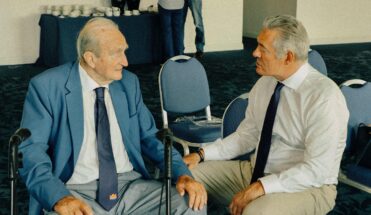
Obituary: John Douglas
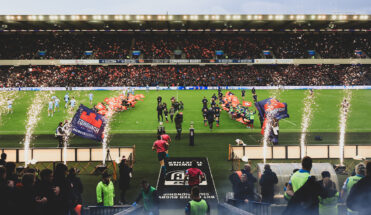
Teams confirmed for derby decider

‘World-class’ Schoeman pens long-term extension
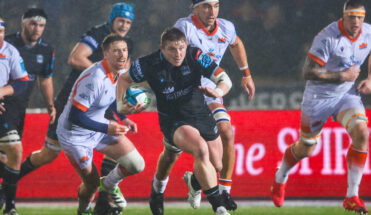
Teams Confirmed for 1872 Cup Opener
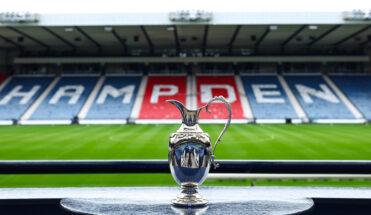
Match Preview Glasgow Warriors v Edinburgh Rugby
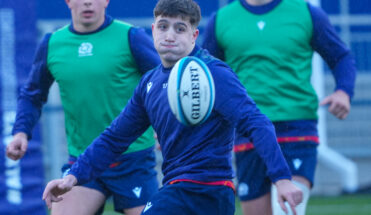
Ventisei to captain Scotland U20 in friendly against Wales
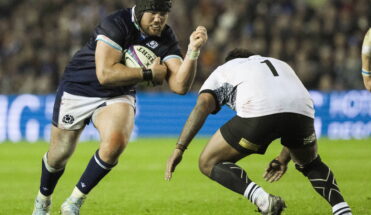
Fagerson signs new multi-year deal with Glasgow Warriors
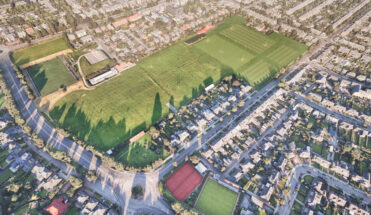
Aberdeen Grammar Rugby secure £250,000 towards new 3G pitch

Van der Merwe Commits to the Capital
